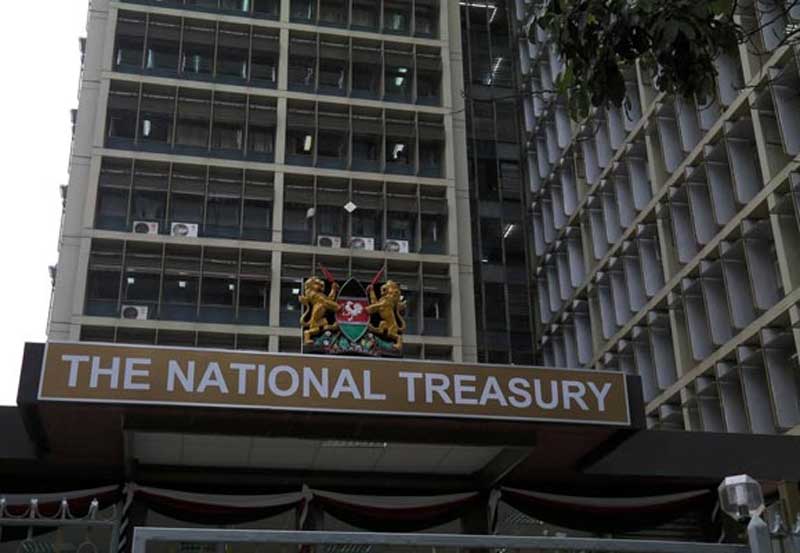×
The Standard e-Paper
Stay Informed, Even Offline

Corrupt as most of the governors are, going by the Auditor General’s reports; we have reached a point of no return. The fellows are here to stay, and anyway, many studies have indicated the remarkable benefits of the devolved system. Long live the new kings.
That reality having been established, in spite of the good things we can list on the devolved system of governance there is a real risk of reinventing and reinstating the scrapped municipal council structure through the backdoor. This can happen for several reasons.